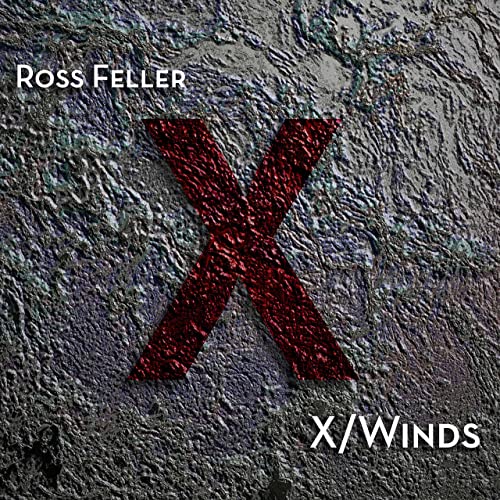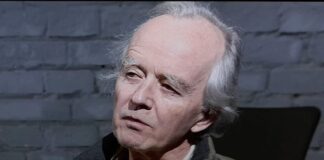Through its innovations in technique, technology and formal structures, the Western art music of the second half of the last century continues to exert influence on and offer possibilities to contemporary composers and performers. Although contemporary art music draws on heterogeneous sources and traditions, many of which lie outside of the traditions associated with Western art music, the legacy of musical modernism still can be felt as a vital force—whether as an absence whose vacated presence serves as a phantom point of reference, or as a set of materials ready-to-hand and available to take on new meanings through new applications.
For composer Ross Feller, the ready-to-hand materials of musical modernism form a kind of core substance to be infused with influences, structures and strategies derived from rock and jazz. Feller is an improvising saxophonist as well as a composer; having grown up in the Chicago area, he was formed as much by the Midwest’s active creative musicians as he was by his training in contemporary “classical” music. His involvement in making technically adventurous music as an improviser has undoubtedly played a role in the pieces he’s composed for virtuoso performers, some of which are included on the new CD X/Winds.
Two compositions for solo instruments included on the CD show how Feller integrates a gestural vocabulary incorporating extended techniques with a semi- or quasi-improvised structure. Bypassing the Ogre (2006), for solo trumpet, draws on the full compass of the instrument as well as several unorthodox methods of sound production. The piece, given a charismatic performance by Peter Evans—an improvising trumpeter for whom it was composed—seems carried along spontaneously by its own momentum, as an improvisation would be. This improvisational feel was built into the score, as Feller left certain decisions regarding phrasing and pitch selection to the performer. With Glossolalia for solo cello (2002), Feller composed an episodic, highly dynamic musical analogue of the improvised utterances of speaking in tongues—language devoid of denotation and whose phrasing and intonation connote some unspecified but directly emotional content. Cellist Franklin Cox gives the piece an appropriately urgent, unrestrained performance.
Scaling up beyond solo pieces, Feller’s chamber works presuppose the idea of the Modernist chamber ensemble as an aggregate of individual voices to be collected or separated in the service of maximizing color effects. Both Triple Threat (2006) for chamber ensemble, and X/Winds (2008) for wind ensemble and piano, contrast the effect of massed voices, which forge thickly colored composites of timbre, with the fragmentary, polychromatic effects of individually sounding voices breaking out of the mass. At a smaller scale, Sfumato (2006) for bass clarinet, violin and electronics—performed here by Ted Gurch, Helen Kim and the composer, respectively—pushes this unusual instrumental combination of wind and strings onto unexpectedly common ground by emphasizing overlapping pitches and complementary timbres, as modified and enhanced by the electronics.







